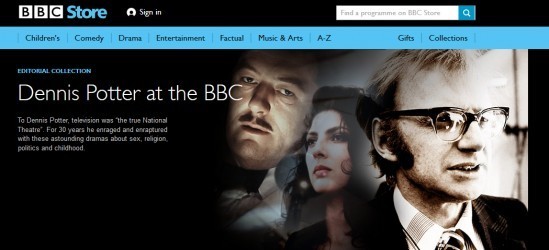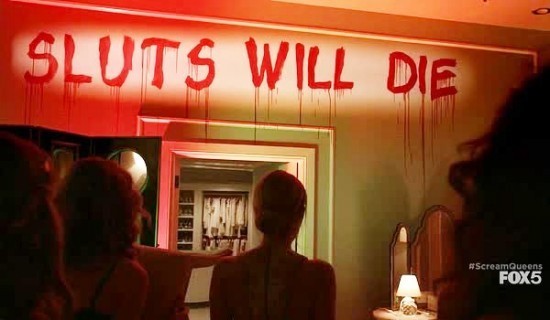First it was a river. Then it was a bookstore. Then it sold power drills and pen refills. Now it’s a movie studio inviting one and all to submit scripts and videos?
CST Online


The Christmas television schedules have, for many years, introduced a sense of the Carnavalesque to the viewing experience. Broadcasters, programmes, and family favourites collude in temporarily suspending the ‘normal’ laws and rules of television viewing through one-off storylines, and, in some cases, subverting perceptions of seriality in acknowledgement of a collective cultural ritual.

Although starting its operations as a commercial venture in November 2015, the new online BBC Store has been under discussion for some time, gaining regulatory approval early in 2013. Its aim is to provide access to a wide range of BBC programmes for a fee.

Graduating from the Juilliard School as recently as 2009, Adam Driver is currently experiencing a seminal phase of his career with his mass exposure to a worldwide audience via Star Wars: The Force Awakens (J. J. Abrams, 2015). His breakthrough part has undoubtedly been Adam Sackler, ‘the sexually debased actor-carpenter-weirdo’ in *Girls *(HBO, 2012-present); a part for which he has received

Stock characters in entertainment television are well known to all of us: the wise old man, the nurturing mother, and the rebellious teenager evoke images in our mind, accompanied by a set of character traits and flaws. They are stereotypical depictions of societal roles, which help us navigate through the story and set up certain expectations.

FOX’s horror-comedy series Scream Queens is the latest addition to the canon of Ryan Murphy and Co.’s anthology television series, alongside FX’s American Horror Story (2011-present), and the upcoming American Crime Story (2016). Scream Queens, named after the sobriquet for a female horror icon, is a hyper-stylised, retro-pastiche of horror and slasher cinema from the 1970s and 1980s.
Doctor Who fans were perhaps expecting a slow 2015.
This paper aims to explore, and expand upon, a theme I recently raised at The Media Across Borders conference, Roehampton University (June, 2015), in relation to global television formats and the transnational. In particular, it aims to consider the concept (and in some respects, the term) of ‘Self-Exoticism’, its relationship to transnationalism, but more significantly, how it is represented and constructed in contemporary television.

In 1990, Charlotte Brunsdon wrote an article entitled ‘Problems with Quality’. It examined British television’s claims to quality and investigated in particular how specific genres and aesthetics were claimed by a number of commentators, including politicians, critics and academics, and professionals as ‘quality’. It sparked a particular, British debate about what quality might mean at a time that by others was perceived as a period of

This time last year I spent a fascinating day at the BBC with my colleague Paul Grainge interviewing members of staff responsible, in various ways, for BBC iPlayer.

I’ll always remember my initial reaction the first time I watched Absolutely Fabulous (BBC, 1992-2012). Edina Monsoon (played by co-creator Jennifer Saunders) and Patsy Stone (played by former model and co-star Joanna Lumley) appeared to be the rudest, crudest and strangest women I ever saw on television.